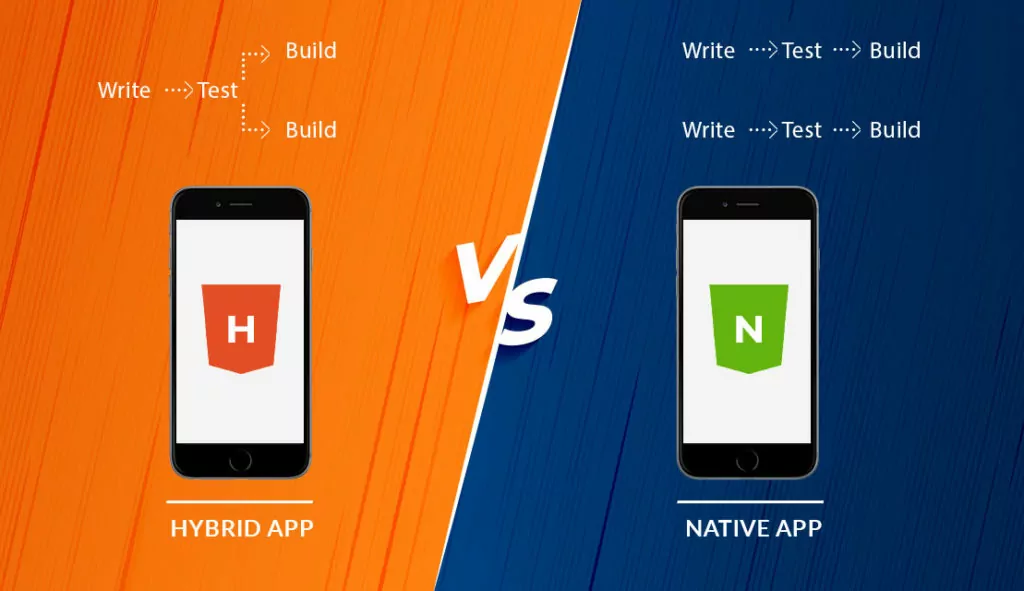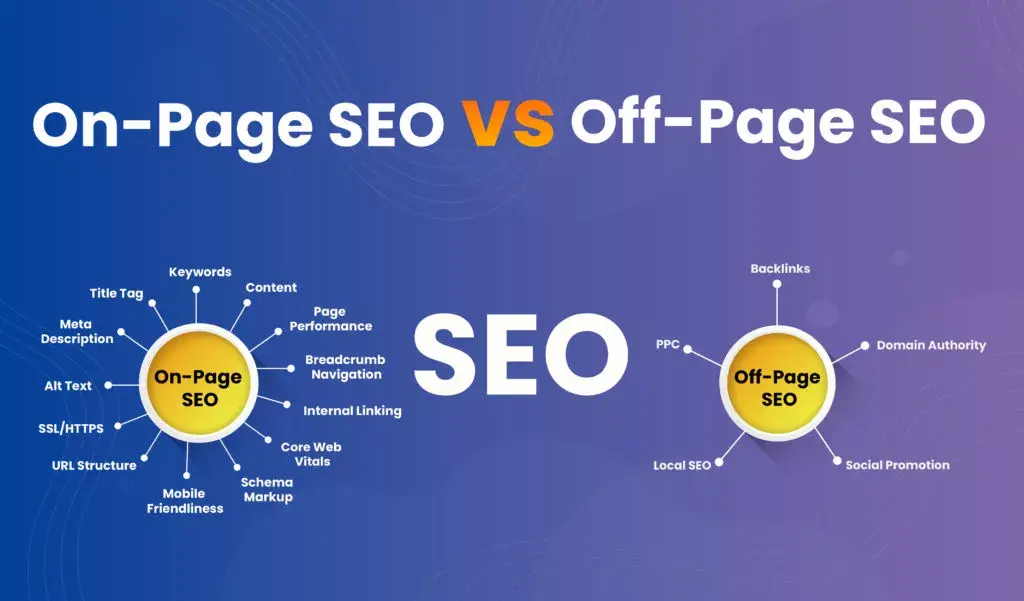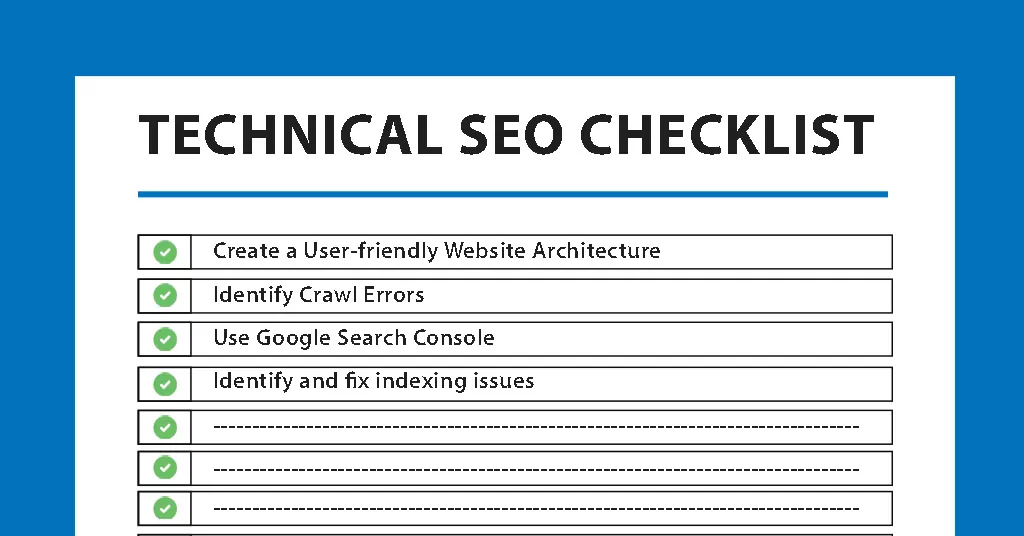Unveiling the Pro's & Con's: The Ultimate Guide to Choosing Between Hybrid & Native Apps!
Table of contents

The app world is constantly evolving, and as a result, so are the options available to businesses who want to develop a mobile app. Two of the most popular options for businesses right now are hybrid apps and native apps. So, what’s the difference between the two, and which one is right for your business? In this blog post, we’ll take a look at the pros and cons of both hybrid and native apps so that you can make an informed decision about which option is right for you. Native apps are apps that are developed specifically for one platform, and they take full advantage of all the features that platform has to offer. Native apps generally provide the best user experience because they’re designed specifically for that platform and users are familiar with how they work.
Introduction
There are a lot of things to consider when making the decision about whether to build a native or hybrid app. Some people may be under the impression that one option is better than the other, but this really depends on your specific needs and goals. In this guide, we’ll take an in-depth look at the pros and cons of each type of app so that you can make an informed decision about which route is right for you.
Hybrid apps are built using a combination of web technologies like HTML, CSS, and JavaScript. They are then wrapped in a native shell so that they can be deployed to app stores and accessed on devices. Hybrid apps offer the benefits of cross-platform compatibility and faster development times. However, they can also be slower and more resource-intensive than native apps.
Native apps are built specifically for each platform using the native SDKs. This results in better performance and a more user-friendly experience. However, native app development can be more expensive and time-consuming than hybrid app development.
So which option is right for you? It depends on your specific needs and goals. If you want a fast, affordable solution that works across platforms, hybrid app development may be the way to go. If you’re looking for the best possible performance and user experience, native app development is the way to go.
Definition of Hybrid & Native Apps
When it comes to designing a mobile app, the two major types of apps are native apps and hybrid apps. Native apps are developed specifically for one platform, either iOS or Android. They are designed to take advantage of the operating system’s features, giving users an optimal experience. Hybrid apps are built using web technologies such as HTML5, CSS, and JavaScript and can be deployed on multiple platforms.
Native apps provide the best user experience because they’re optimized for the specific device that they’re used on. Because of this, they have access to all of the device’s features such as the camera, GPS, accelerometer and more. They also use the same language and UI conventions as other native applications on the platform so users can expect a consistent experience says android app development company. Native apps typically have better performance because they don’t need to worry about compatibility issues across different devices and platforms.
Hybrid apps offer a lot of advantages over native apps in terms of cost and development time. Because they use web technologies, they can be deployed on multiple platforms with minimal effort. They also allow developers to reuse code across platforms making it easier to maintain and update the app in the future. The downside is that hybrid apps may not perform as well as native applications because they rely on web technologies which may not be optimized for mobile devices.
Both native and hybrid apps have their pros and cons but in general, it comes down to what kind of user experience you want to provide your users with. If you need an app that’s optimized for performance and takes advantage of all the device’s features then a native app is probably your best option. On the other hand, if you need something that can be quickly deployed across multiple platforms then a hybrid app might be your best bet.
Pro’s of Hybrid Apps
Hybrid apps are becoming increasingly popular in the world of mobile development because they offer a number of advantages when compared to traditional native apps. Here are some of the main benefits of hybrid apps:
- Cost-effective: Hybrid apps are more cost-effective than native applications as they require less development time and resources for their creation. This means that businesses can save money and get their app to market faster.
- Cross-platform compatibility: Hybrid apps are designed to be compatible with multiple platforms, such as iOS and Android. This allows businesses to reach a broader audience without needing to develop separate native apps for each platform.
- Easier updates: Unlike native apps, which need to be re-submitted to the app store every time an update is released, hybrid apps can be updated directly from the server. This makes it easier for businesses to keep their app up-to-date with new features and bug fixes.
- Scalability: Hybrid applications allow developers to easily scale their project by adding more pages or features in one go, rather than having to write separate code for each platform or device type. This makes it easier for businesses to make changes and keep their app current with changing user needs and preferences over time.
Overall, hybrid apps offer an efficient and cost-effective way of developing mobile applications that can reach a wide range of users on multiple platforms. They’re easy to maintain, update and scale, making them the ideal solution for businesses looking for a comprehensive mobile presence without breaking the bank says Hybrid App Development Company!
Pro’s of Native Apps
Native apps are the present and future of mobile applications, offering a plethora of benefits for users. As a business, developing a native app means that you can take advantage of the following features:
- Seamless Performance: Native apps are designed to run on specific platforms, such as iOS or Android. This makes them inherently faster and more reliable than other types of apps since they’re tailored to the hardware and software specifications of the device they’re installed on. This ensures that users have a smoother experience when using your app.
- Enhanced Security: Since native apps are developed specifically for one platform, it is easier to incorporate advanced security measures into them. This is especially beneficial for businesses who handle sensitive data as they can ensure that their users’ information is kept safe and secure.
- Improved User Experience: Native apps offer a more intuitive user experience since they are designed with the platform’s design language in mind. This means that users will be able to navigate through your app with ease, making it more likely for them to keep using it in the long term.
- Access To Device Features: With native apps, businesses can access various features of the device being used such as GPS, camera, etc., which can be utilized to create innovative experiences for users.
- Increased Brand Recognition: Having an app built specifically for your brand helps create an identity for it in the minds of users. This also helps differentiate you from competitors and increases loyalty among customers.
Overall, native apps offer a wide range of advantages that make them well worth developing if you want to create an engaging mobile experience for your customers. From enhanced performance and improved user experience to increased brand recognition, there are plenty of reasons why businesses should consider investing in native app development says app development near me.
Con’s of Hybrid Apps
Although there are many benefits of hybrid apps, there are also some negatives associated with them. The biggest con is a lack of performance when compared to native apps. Hybrid apps cannot take full advantage of device-specific hardware and software features, so they tend to run slower than native apps. Additionally, hybrid apps may not be able to access all the features of the device, such as camera, GPS, or Bluetooth. This can lead to a less user-friendly experience for the user.
Another downside of hybrid apps is that they require more maintenance and updating than native apps. The code for a hybrid app must be maintained across multiple platforms and updated regularly in order to ensure compatibility with the latest devices and operating systems. This can be time consuming and expensive for developers. Additionally, if an update to a device’s operating system breaks compatibility with the hybrid app, it can take significant time and effort to troubleshoot and fix the issue.
The last con of hybrid apps is that they often lack the same look and feel as native apps. Because hybrid apps are written once for multiple platforms, they may not be optimized for each platform’s design guidelines. This can lead to a “one size fits all” approach that doesn’t provide users with an immersive experience like they would get from a native app.
Overall, while there are some cons associated with hybrid apps, the pros typically outweigh them when it comes to cost savings and faster development timeframes. For organizations looking to quickly develop an app across multiple platforms without sacrificing user experience or performance, a hybrid app may be the best solution.
Con’s of Native Apps
There are plenty of reasons to develop a native app. But there are also some good reasons not to choose native development, or at least to consider other technologies first. In this article, we’ll go over some of the cons of native app development so you can make an informed decision about which technology is right for your project.
One con of native app development is the cost. Native apps can be more expensive to develop than web or hybrid apps, since they require separate development for each platform. This can mean higher upfront costs and longer development times.
Another potential downside of native app development is that it can be more difficult to reach a wide audience with a native app. With web and hybrid apps, you can usually reach users on multiple platforms with a single codebase. With a native app, you’ll need separate codebases (and possibly even separate teams) for each platform you want to support.
Native app development can also be more time-consuming than other types of app development, due to the need to create separate versions for each platform. This can make it difficult to quickly iterate on features and release new versions of your app in a timely manner.
Finally, while developing for multiple platforms simultaneously can be challenging, it’s important to remember that not all users are on the same platform. It’s possible that some of your target users will only be accessible through a specific platform. In these cases, you may need to develop a native app for that platform in order to reach those users.
Cost Considerations for Developing Hybrid & Native Apps
The cost considerations for developing hybrid and native apps are important but not always easy to understand. Depending on the type of app you are creating, there can be a wide range of costs associated with the development process. Whether you’re planning to use a hybrid or native approach, it’s important to understand the cost considerations before making any decisions.
Developing a hybrid app tends to be cheaper than a native app due to the fact that it is built using web technologies and does not require different versions for each platform. This means that once your app is developed, it can be easily deployed across multiple platforms such as iOS, Android, or Windows. The primary cost when developing a hybrid app comes from testing and debugging. Additionally, you may need to purchase plugins or other third-party services in order to make sure that your app runs properly on all platforms.
A native app requires programming languages specific to each platform and therefore must be developed separately for each platform. This can increase the overall cost of development due to additional coding and testing required for each version. However, this also allows for more customization options since developers can create bespoke features designed specifically for the individual device’s operating system says mobile app development company. Additionally, due to its exclusive use of native code, a native app will usually perform better than its hybrid counterpart and will have access to more device features.
In conclusion, when deciding between a hybrid and native approach for your mobile application development project, it’s important to consider the associated costs for both approaches carefully. While developing a hybrid app may initially seem like an attractive option due to its lower cost and flexibility across platforms, bear in mind that there may be additional costs involved in terms of plugins and debugging time which could end up being more expensive than anticipated. On the other hand, investing in a native approach may result in higher costs upfront but could lead to improved user experience and better performance in the long run.
Performance Considerations for Developing Hybrid & Native Apps
When making the decision between developing a hybrid or native app, it’s important to consider the performance implications for each. Performance plays a major role in user experience and will determine how successful your app is in the long run. Here are 8 performance considerations that you should take into account when deciding which type of app to develop:
- Compatibility: Make sure that your app is compatible with multiple devices and platforms. Hybrid apps have the advantage here as they are able to function on all types of devices, while native apps often require specific hardware and software requirements.
- Speed: Native apps tend to be faster than hybrid apps, as they are written specifically for the platform they’re running on and can access hardware directly. This means they can process data more quickly and deliver a smoother user experience.
- Security: Hybrid apps can be vulnerable to security attacks due to their reliance on web technologies, while native apps are generally more secure as they’re built using secure coding practices designed for the platform they’re running on.
- Development Time: Developing a hybrid app is generally quicker than native due to its ability to work across multiple platforms and its use of common code bases. This makes it easier for developers to build one version of an app rather than having to write code from scratch for each different platform.
- Maintenance & Updates: Maintaining and updating an existing app can be more difficult with hybrid apps due to its reliance on web technologies which may have frequent updates that need integrating into the app itself. Native apps tend to be easier to maintain as updates are typically handled by the underlying platform itself, reducing maintenance requirements for developers.
- Device Features: Native apps have the advantage here as they can access all device features directly without needing any additional software or plugins, while hybrid apps may require additional plugins in order to function properly across different platforms.
- Cost: Hybrid apps tend to be cheaper than native due to their ability to work across multiple platforms using one code base, while native apps often cost more since each version needs separate development resources allocated towards it individually.
- User Experience: Ultimately, user experience is what will make or break your app so make sure you consider this when choosing your development approach too! Hybrid apps may provide slower experiences due to their reliance on web technologies, while native apps provide smoother experiences as they’re specifically designed for the platform they’re running on and can access hardware directly for improved performance.
Considering these 8 factors by App development Jacksonville company when deciding whether a hybrid or native approach is best suited for your project will ensure that you end up with an app that performs well and provides a great user experience!
Platform Compatibility Considerations for Developing Hybrid & Native Apps
When it comes to understanding the key differences between hybrid and native apps, platform compatibility is one of the most important considerations. Hybrid apps are created with HTML5, CSS3, and JavaScript, making them compatible with different types of mobile operating systems. Native apps are platform-specific, meaning they need to be developed separately for each OS.
When it comes to platform compatibility, hybrid apps have a clear advantage – they can be used across multiple platforms without having to build separate versions for each one. This gives developers the freedom to create a single app that can be used on both Android and iOS devices. This also makes it much easier for developers to update their app, as changes only need to be made once.
However, native apps provide a better user experience because they are optimized for the specific platform they are built for. With native apps, developers can take full advantage of device hardware and software features that would not be available with a hybrid app. For example, if you want to create an augmented reality experience in your app, you would need to use the native SDKs available on each platform.
When developing an app for multiple platforms, it’s important to consider the pros and cons of each approach carefully so that you can choose the right option for your project. Hybrid apps offer convenience in terms of platform compatibility but may not provide as rich an experience as native apps. On the other hand, native apps give users a more immersive experience but require separate development efforts for each OS version.
No matter which approach you choose when developing your app, taking platform compatibility into account is essential for success! By considering all factors involved in creating a hybrid or native app and understanding how they will work across different platforms, you can ensure that your users get the best possible experience on any device.
To know how to select a good company, you can refer to our blog: What questions should I ask an app developer.
Now that you know the ultimate guide to choosing between hybrid & native apps, it’s time to make your decision on which app to pursue. The choice between these two options ultimately depends on the needs and objectives of your business and what type of user experience you want your customers to have.
If you need a quick, cost-effective solution with a broad reach, then a hybrid app is the way to go. It will allow you to rapidly create an app with minimal resources and it will be able to run across multiple platforms. However, if you are looking for an app that offers the best user experience and maximum performance, then a native application is the best choice for you.
No matter which option you choose, both hybrid & native apps can bring great value to your business. Whichever one you select should depend on understanding what kind of design, features and performance capabilities are essential for meeting user needs and achieving your business objectives.
As always, make sure that you do thorough research when it comes to selecting the right app development platform for your business needs. With this in mind, we hope that this Ultimate Guide has helped you in making the right decision!







